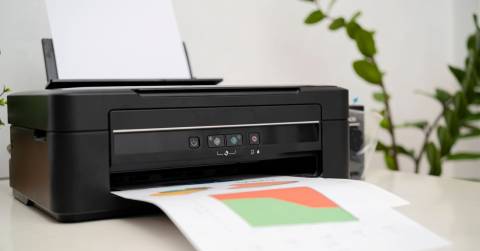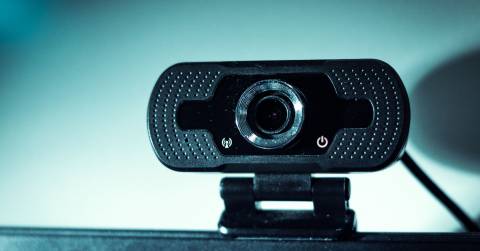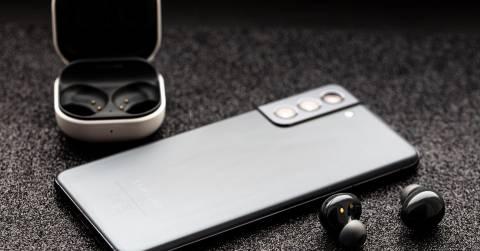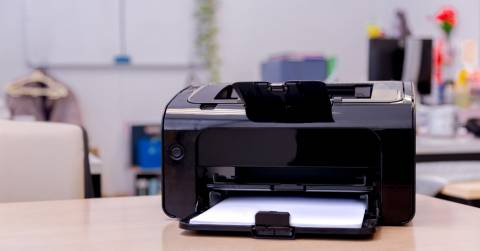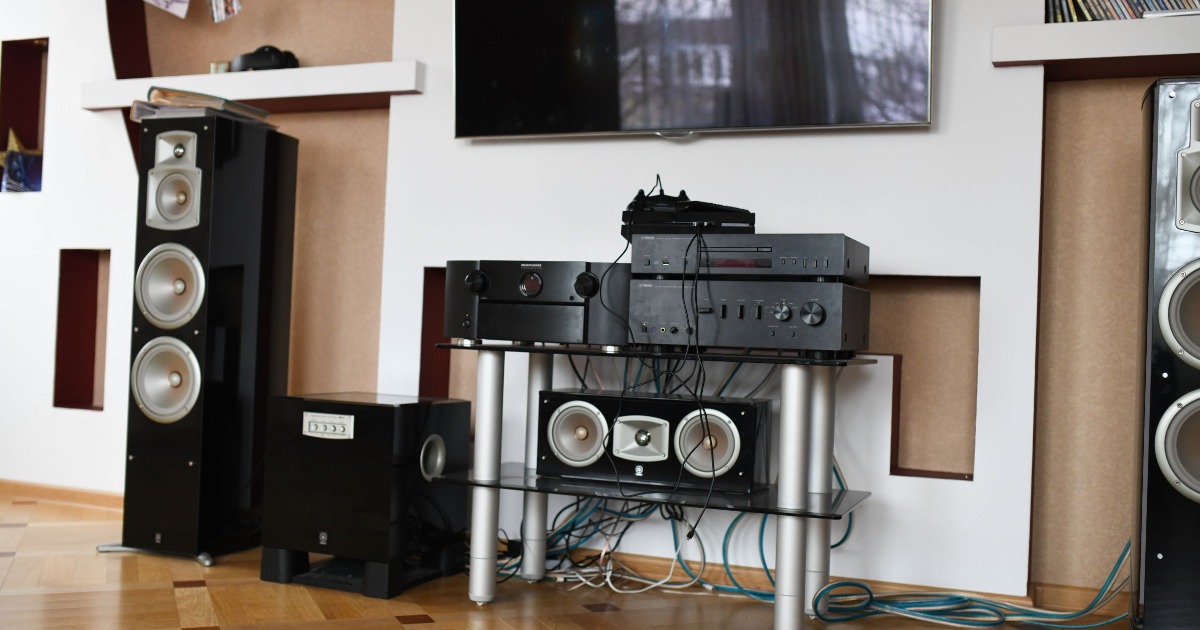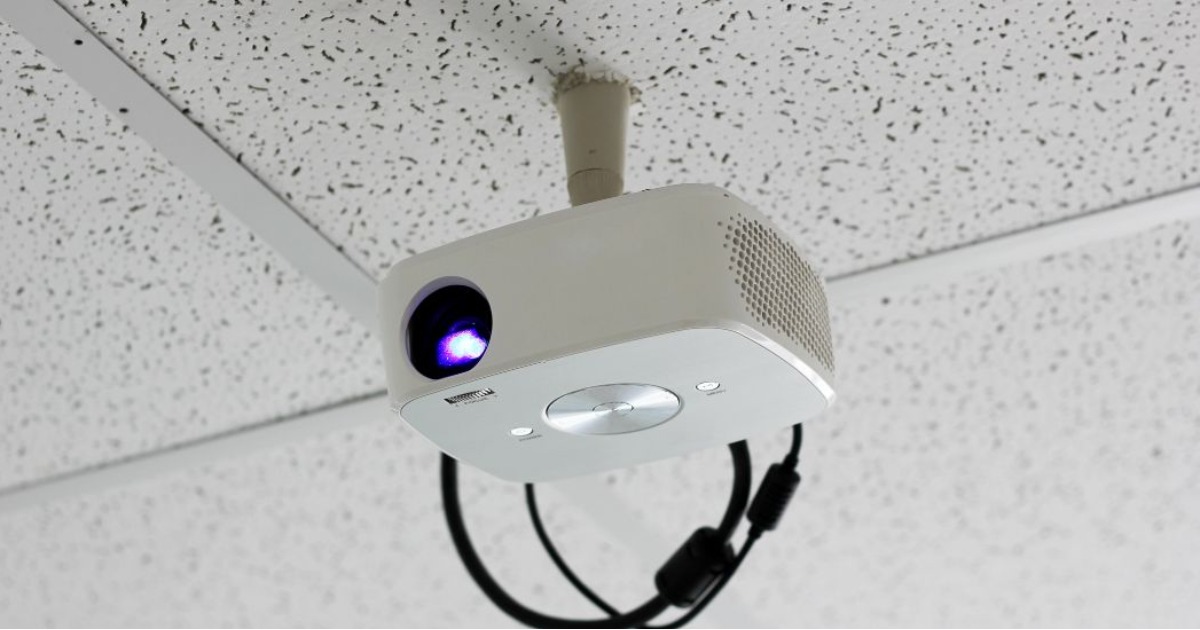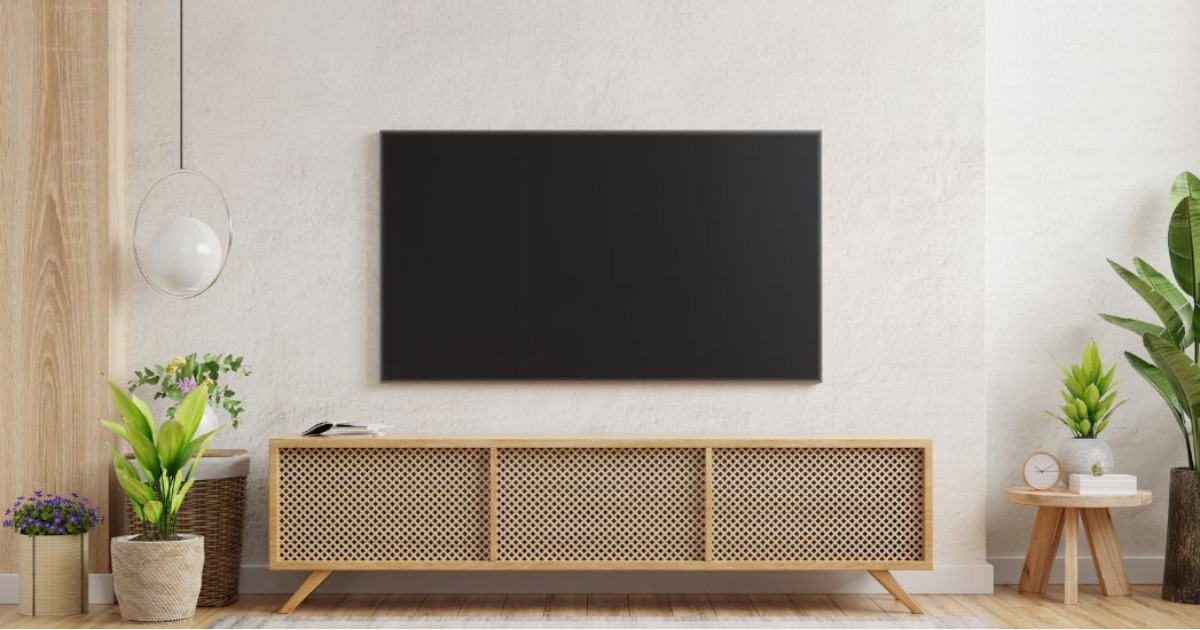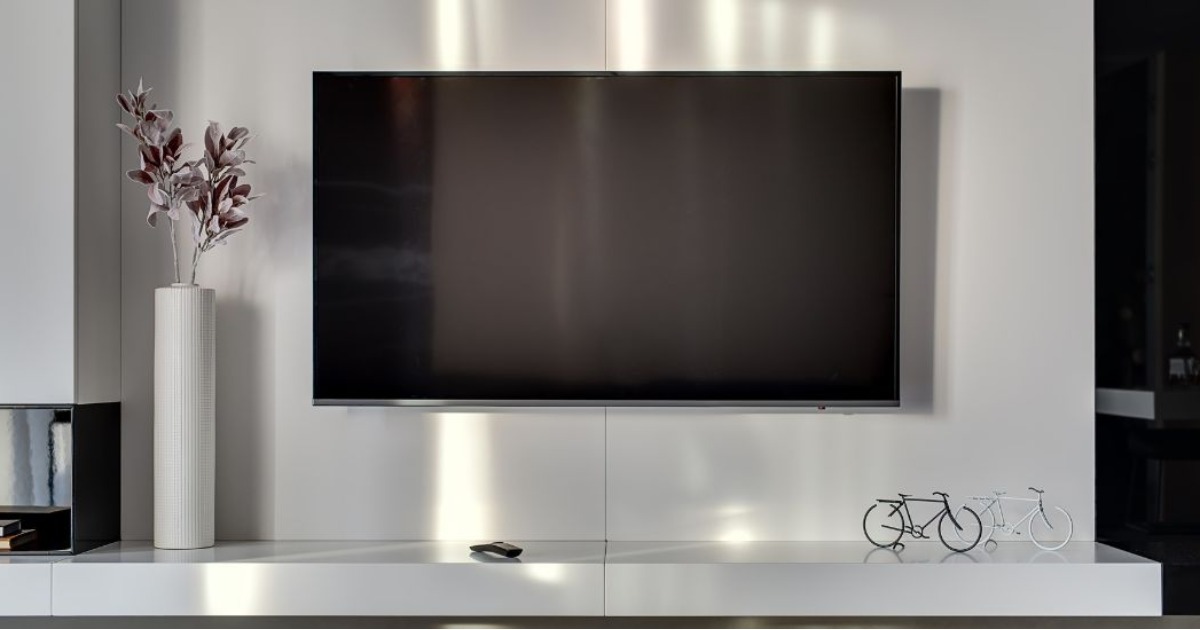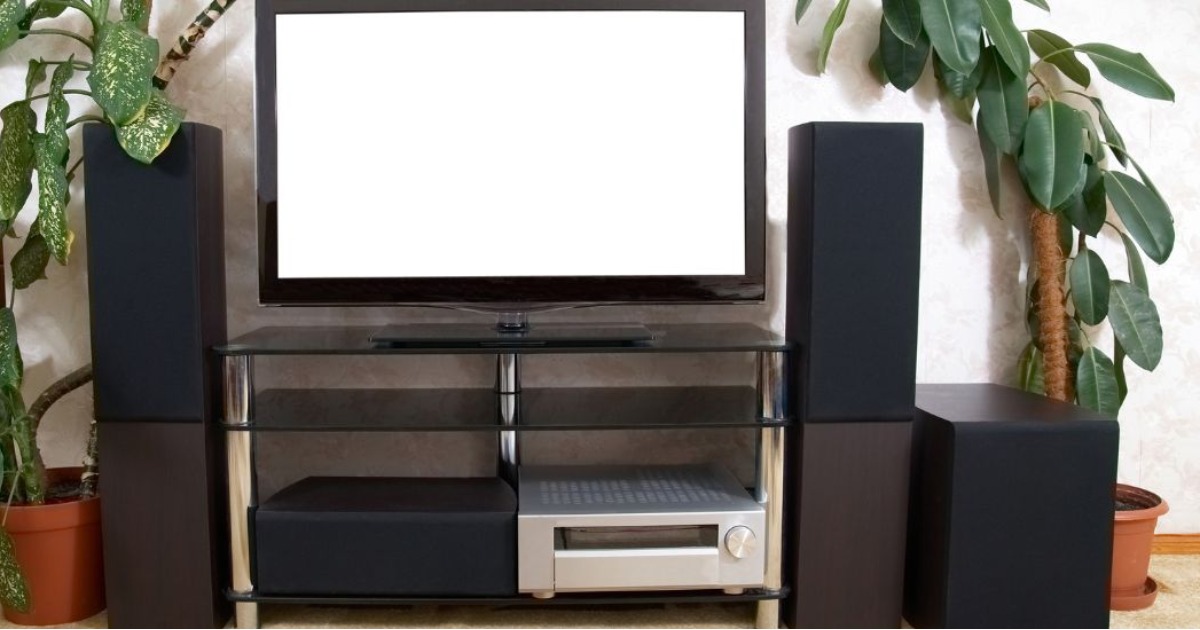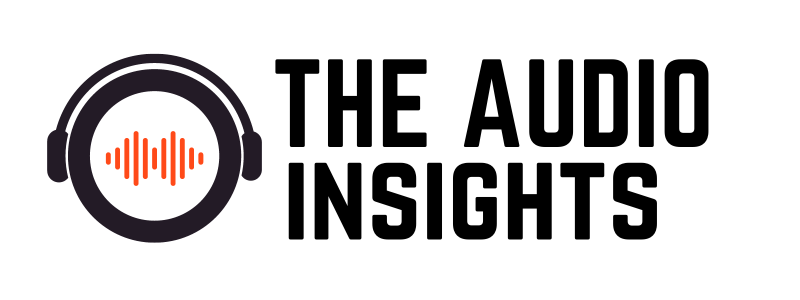The Best New Hearing Aid Technology For 2024

Hearing aids nowadays are certainly some of the most astounding minicomputers around, with a variety of advanced technology. Our professional team of experts has expertise installing hundreds of the latest hearing aids and has worked with the leading companies in the field - here is the best new hearing aid technology available.
RELATED: Are you looking to buy the hearing aid in one ear in 2024? We provided helpful advice and reliable information in this article.
Our Top Picks

It will operate for 8 hours before shutting down on its own Aid in reducing ear infections caused by germs in the ear canal It's small enough to carry about with you
There is nothing to think about
To thoroughly dry your hearing aids, the Dry-Brik II desiccant collects and retains water and smells. For simpler gadget removal, the hinged lid has a circular drying chamber.
It is the greatest hearing amplifier on the market for experiencing enhanced sound It features a digital smart chip, which means it requires no programming and is ready to use right away The one-touch volume control is simple to operate and has six distinct volume levels
It is quite hard to adjust the sound dial
With the introduction of these cutting-edge digital smart chipsets with Active Digital Noise Reduction, users will be able to clearly communicate telepathically, comprehend what is being said, and find happiness once again. You'll adore how everything sounds better right away when you use MEDca.
Three modes are controlled by a single button, each of which adapts to varied listening settings The shell is sweat-proof, waterproof, and nano-coated Charging takes 4 hours; however, you may use it for up to 55 hours
With all of them, some users hear whistling
Unlike similar items on the market, these hearing aids are very light and convenient, with ultra-soft medical quality earplugs and an adaptive non-falling design that keeps you satisfied all day.
It has a more natural tone to it and gives you a lovely experience Everyone may enjoy the domes, which come in five various sizes The comfortable volume may be worn anywhere and at any time
This was difficult to fit right, and there was a lot of feedback and shrieking
This Hearing aids for Seniors are built of the most advanced materials, with a nano-coated shell that is water-resistant and sweat-proof. The domes of five distinct sizes are ideal for everyone, and maintenance tools are included to extend the service life.
There are four distinct frequency modes to pick from There are four different volume levels to guarantee that you can hear everything well Charging takes 4 hours; however, you may use it for up to 55 hours
They were produced in China, and the instructions were printed in such a small font that they were difficult to read
The BTE Hearing Aid features a built high-capacity rechargeable lithium-ion battery and a recharging cord for convenient charging. It comes with maintenance tools to help extend the life of the device. This device is compact and perfect for your ear canal.
It has good sound and battery life for a month Android and iPhone compatibility State of the art design features
Due to standard packaging, your order may arrive broken
The Walkers Game Ear Elite Digital HD PRO 2 Hearing Aids come with a lengthy list of cutting-edge design features, including iPhone and Android connectivity, sleek and ergonomic wear, and a water-resistant covering.
Excellent hearing device for watching movies and television One year quality assurance guarantee It has 3 Different modes for different environments
This hearing aid boosted background noise
Featuring three signal processing streams, two separate compression pathways, and a broad spectrum of frequencies, the Coniler Hearing Amplifier for Adults and Seniors presents a comprehensive and crisp listening quality.
What Is The Most Excellent Strategy For Purchasing A Good best new hearing aid technology?
Upon looking for the perfect best new hearing aid technology, a lot of things should be taken into account. Each item has its own challenge of purchasing. As a result of the formation, we're here to help, advise, and provide answers to these problems.
Our top pick will highlight perhaps one of the most fantastic products currently available on the market and answer frequently asked questions about them.
- What are the values of shopping for this item?
- What are the pros and cons of shopping for this product?
- What factors should you examine when determining which product is best for your needs and circumstances?
- Which one on this list is the best?
- Where to go to learn more about the product?
Along with the availability of selling websites, product consulting platforms, and platforms for customer evaluations and comments in today's information technology network, everyone may participate in this list.
A close inspection of these attributes would be valuable as they were developed and assessed by humans and technology. Keep in mind the following points:
Direct Audio Input
Telecoils
Wireless Connectivity
Noise Reduction
Synchronization
Variable Programming
Power
Directional Microphones
Remote Controls
Number Of Channels
FAQs
Will A Hearing Aid Restore My Hearing To Normal?
Yes, they can make it easier for you to hear but not restore your natural hearing. Also, hearing aids do not stop the gradual progression of hearing loss.What Style Of Hearing Aid I Should Wear?
An audiologist will help you decide the best option based on the severity of your hearing loss, how large your ear canal is, what shape it looks like, and your ability to adjust and place the device. Also, consider any drainage issues or excess wax.Why Do Hearing Aids Cost So Much?
Hearing aids can be sold at a low volume, with only 1.7 million units being sold to approximately 30 million individuals who have hearing loss. Manufacturers spend a lot of money and time on research and development. The purchase price includes a 1- to 2-year warranty against loss or damage.I Have Hearing Loss In Both Ears. Is It Necessary To Wear Two Hearing Aids?
This is why you can have two hearing aids that are better than one.You can hear better in noisy environments: If the signal arrives at an ear at a different time, you may be able to improve your hearing. The brain can process speech signals more efficiently if there is a time difference.
Better signal to noise ratio: The sound source is important. If your hearing aid is in your left ear but the person talking to you is in your right, most of the speech signal will be lost before it reaches your aided ears. However, the normal level of noise enters your aided and remains there.
Increased capability to locate sounds. The brain analyzes the sound coming in from both the left and right sides of the head to identify the source of the sound. This sense of direction can be altered if a hearing aid is worn in one ear.
How Do I Know If I Need A Hearing Aid?
You need to determine if your hearing loss has an impact on your day-to-day life. You may be hearing less than you used to. This can impact your decision if you have difficulty communicating or keeping up with your normal lifestyle. An audiologist will test your hearing and discuss with you the best options for you.How Long Does It Take To Get Used To A Hearing Aid?
Every person will have a different experience. You can hear sounds that you've never heard or haven't heard in a long time with hearing aids. The brain takes some time to process new information and relearning happens in the central auditory systems. The trial period will last 60 days, which gives you the opportunity to get used to hearing aids. Programming changes can be made based on your experiences.Do Hearing Aids Use Special Batteries?
Zinc-air batteries are the most common type of hearing aid today. These batteries are made for hearing aids, and come in different sizes so that they can be used with various devices. Hearing aid batteries can be found in almost every store that stocks regular batteries. This includes grocery and pharmacy stores.How Long Do Hearing Aid Batteries Last?
It depends on what type of hearing aid battery you have and how often your hearing aid is used. The smaller batteries in your hearing aids will need to be replaced within one week. Larger batteries can last for two or three weeks.How Long Will My Hearing Aid Last?
A hearing aid lasts between five and six years. Some hearing aids still work well six years later, but others might need to be repaired or tuned up.best new hearing aid technology will be regularly updated to be included in additional data. Keep an eye around for any amendments made to our website.
Our consultants could support you with problems related to best new hearing aid technology and other things as well. Please do not hesitate to contact us should you need advice.
READ NEXT: The Modern Vinyl Record Players For 2024









